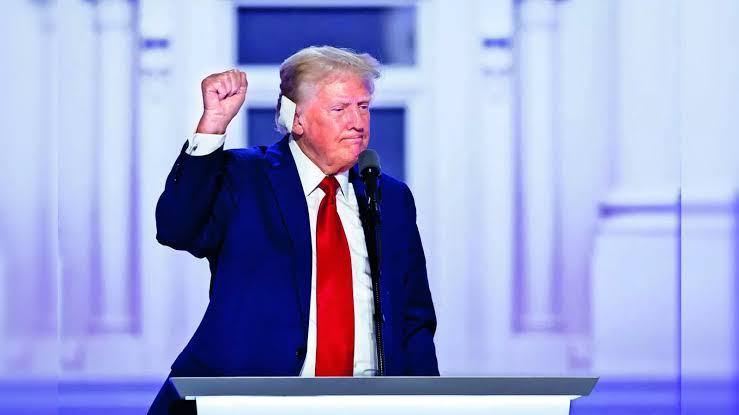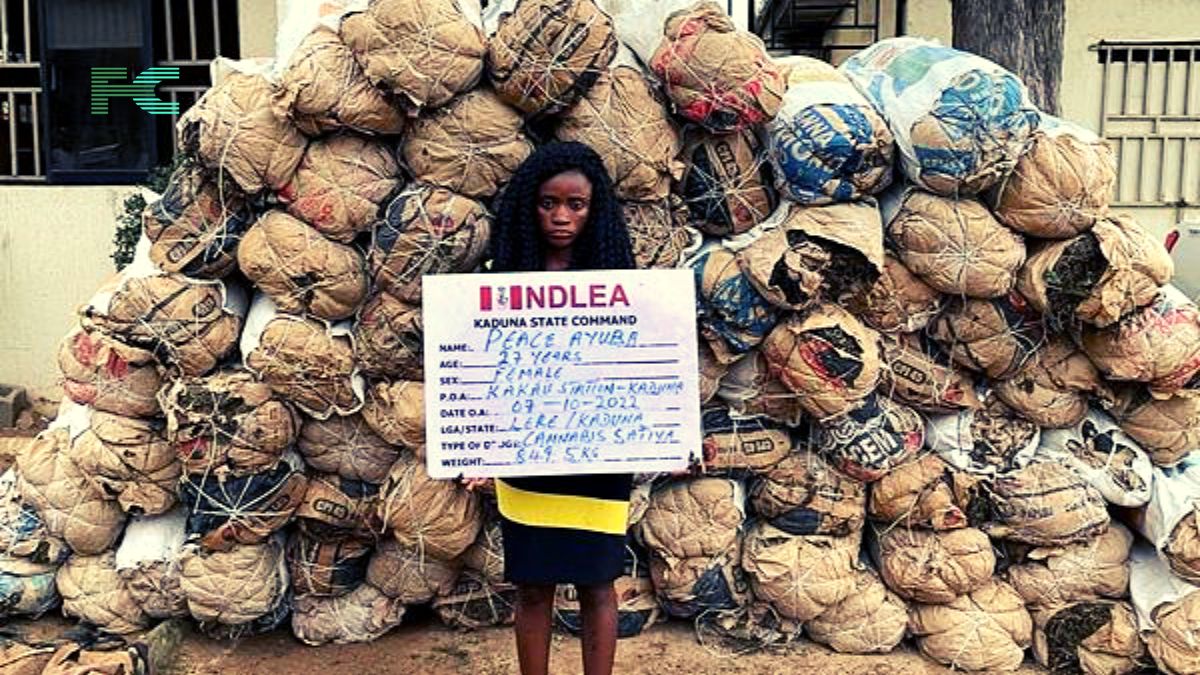The Chinese President, Xi Jinping has congratulated Donald Trump on his U.S. presidential win. He had also called for both nations to find the “right way to get along”, as imminent U.S. tariffs are now threatening to return them to the time of trade war seen years ago.
President Xi had said on Thursday that a ‘stable, sound and sustainable China-U.S. relations would serve the interests of both [countries], adding that the international community was expecting the two nations to “respect each other (and) co-exist peacefully”.
Xi also called for more dialogue and communication to resolve their differences.

Ties hit a record low in recent years after conflict over issues varying from trade and security to the future of Taiwan and the South China Sea began, and the issue only began to improve after a four-hour meeting between Xi and President Joe Biden in November 2023.
Now that Trump has won the presidential seat, he could reestablish issues from his first presidency: when he started the harmful trade war with the world’s second-largest economy in 2018 – although he struck a truce just before the COVID-19 pandemic began in January 2020.
The Republican, who has promised to adopt rigid tariffs, recaptured the White House with an overwhelming victory, to defeat the Democrat candidate, Kamala Harris in Tuesday’s election. He will be sworn into office in January 2025.
Biden’s government had not dismantled Trump’s trade policies and continued targeting China’s state-driven industrial practices.
In September, it locked in steep tariff hikes on Chinese imports, including duties of 100% on electric vehicles, 50% on solar cells and 25% on steel, aluminium, EV batteries and key minerals, in an attempt to safeguard key American industries.
But now, Trump’s promise of tariffs of 60% on U.S. imports of Chinese goods threatens major growth risks for China.
One thing is for sure though, they would be much higher than the 7.5% to 25% levied in his first term, and they would come at a much more vulnerable time for the Chinese economy, as it is battling a steep property downturn, the burden of local government debt and weak domestic demand.

















